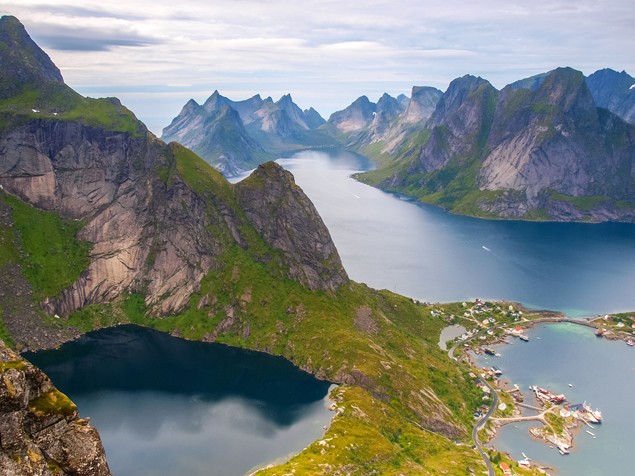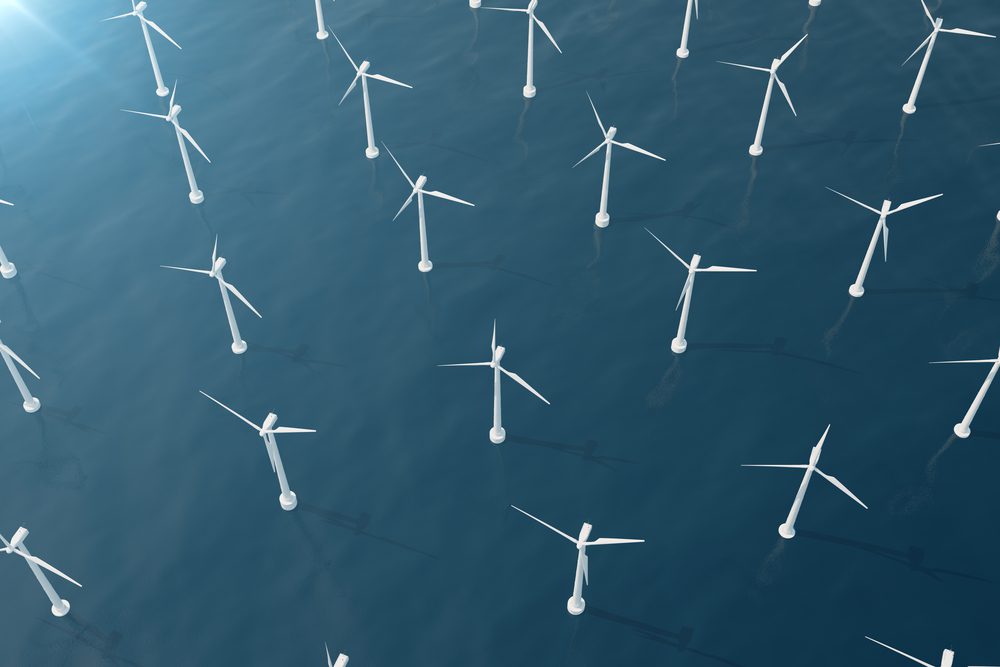Aug. 26 (Bloomberg) — Norway’s election outcome next month is poised to end a deadlock over oil drilling off the shores of its protected Lofoten islands.
Oil companies including Statoil ASA have said opening up the waters, which may hold 3.4 billion barrels of oil equivalent, is essential to replacing falling output in western Europe’s biggest exporter. Opposition by the junior partners in the governing Labor-led coalition has so far blocked the area to explorers. The Conservative and Progress parties, which look set to form a coalition government, are both in favor.
A minority government of the Conservatives and the Progress Party, supported in parliament by the two other opposition groups, is the most probable outcome, said Frank Aarebrot, a political science professor at the University of Bergen. Such a government could rely on Labor to push through an impact study as a first step toward exploration, he said. Labor favors such a study, which was blocked by its government partners in 2011.
If the opposition wins, “the probability of an impact study rises significantly, whatever the Christian Democrats and Liberals say,” Aarebrot said, referring to the two smaller opposition parties, in a phone interview.
Falling Production
Norway’s crude production will fall for a 13th consecutive year in 2013 to less than half a 2000 peak because of dwindling output from aging fields in the North Sea. The country partly finances its welfare state through oil revenue that feeds the world’s largest sovereign fund, holding $751 billion in foreign stocks, bonds and real estate.
“We need to produce more to maintain output,” Siri Meling, the Conservative energy spokeswoman, said by phone on Aug. 22. “There’s enormous value there and it’s important to extract it. It’s also important for the development of the region.”
Polls point to electoral victory for Norway’s four opposition parties, led by Conservative leader Erna Solberg. The opposition also includes the Liberal Party and the Christian Democrats, which are against opening Lofoten to oil exploration. The Conservatives and the Progress Party were backed by 28.4 percent and 14.4 percent, respectively, in an average of three polls for newspapers Verdens Gang and Dagbladet, and broadcaster TV2, between Aug. 24 and Aug. 26.
‘Most Important’
The Liberals and Christian Democrats, at 4.8 percent and 5.4 percent in the average of those polls, both said it’s “unlikely” they would participate in a government including the Progress Party because of its anti-immigration stance.
In the event that the Conservatives form a government with the Liberals and Christian Democrats, they may need to make concessions on Lofoten.
“This is the most important issue,” Liberal Party deputy leader Ola Elvestuen said by phone last week. “The goal is to join a government that won’t open Lofoten, Vesteraalen and Senja,” he said, referring to two other protected areas off Norway’s coast.
The smaller parties also say that preserving Lofoten would make economic sense, helping ease pressure on Europe’s second- richest economy as investments in the oil and gas industry are expected to rise by almost a quarter to a record 211 billion kroner in 2013, according to Norway’s statistics bureau.
The areas off Lofoten, Vesteraalen and Senja are home to the world’s biggest cold-water coral reef as well as mainland Europe’s biggest seabird colony, according to the World Wildlife Fund. It’s also a breeding ground for 70 percent of all fish caught in the Norwegian and Barents Seas, as well as sperm whales and seals.
If the Liberals and Christian Democrats gather enough support on election day, “this is an issue I’m almost convinced we can win,” said Kjell Ingolf Ropstad, a spokesman on environmental policy for the Christian Democrats. “It’s a fundamental issue. It’s about managing God’s creation.”
– Mikael Holter, Copyright 2013 Bloomberg.

 Join The Club
Join The Club











